
- For PC
- For MAC
- For Linux
- OS: Windows 10 (64 bit)
- Processor: Dual-Core 2.2 GHz
- Memory: 4GB
- Video Card: DirectX 11 level video card: AMD Radeon 77XX / NVIDIA GeForce GTX 660. The minimum supported resolution for the game is 720p.
- Network: Broadband Internet connection
- Hard Drive: 23.1 GB (Minimal client)
- OS: Windows 10/11 (64 bit)
- Processor: Intel Core i5 or Ryzen 5 3600 and better
- Memory: 16 GB and more
- Video Card: DirectX 11 level video card or higher and drivers: Nvidia GeForce 1060 and higher, Radeon RX 570 and higher
- Network: Broadband Internet connection
- Hard Drive: 75.9 GB (Full client)
- OS: Mac OS Big Sur 11.0 or newer
- Processor: Core i5, minimum 2.2GHz (Intel Xeon is not supported)
- Memory: 6 GB
- Video Card: Intel Iris Pro 5200 (Mac), or analog from AMD/Nvidia for Mac. Minimum supported resolution for the game is 720p with Metal support.
- Network: Broadband Internet connection
- Hard Drive: 22.1 GB (Minimal client)
- OS: Mac OS Big Sur 11.0 or newer
- Processor: Core i7 (Intel Xeon is not supported)
- Memory: 8 GB
- Video Card: Radeon Vega II or higher with Metal support.
- Network: Broadband Internet connection
- Hard Drive: 62.2 GB (Full client)
- OS: Most modern 64bit Linux distributions
- Processor: Dual-Core 2.4 GHz
- Memory: 4 GB
- Video Card: NVIDIA 660 with latest proprietary drivers (not older than 6 months) / similar AMD with latest proprietary drivers (not older than 6 months; the minimum supported resolution for the game is 720p) with Vulkan support.
- Network: Broadband Internet connection
- Hard Drive: 22.1 GB (Minimal client)
- OS: Ubuntu 20.04 64bit
- Processor: Intel Core i7
- Memory: 16 GB
- Video Card: NVIDIA 1060 with latest proprietary drivers (not older than 6 months) / similar AMD (Radeon RX 570) with latest proprietary drivers (not older than 6 months) with Vulkan support.
- Network: Broadband Internet connection
- Hard Drive: 62.2 GB (Full client)
The Belfast is a state-of-the-art light cruiser used by the Royal Navy. This is the ship that is permanently moored near London’s Tower Bridge.
HMS Belfast, light cruiser, premium vehicle, UK, rank IV.
Pros
- Good armour
- Powerful armament
- Heavy-duty anti-aircraft artillery
Cons
- Lack of torpedo armament
The light cruiser ‘Belfast’ was the next big step in shipbuilding design, following the Manchester cruisers, and, according to experts, this vessel (tied together with her sister ship, the cruiser Edinburgh) was the most advanced light cruiser in the Royal Navy of Great Britain during WWII. Belfast was laid down in 1938, and a year later, the cruiser came into service. The ship initially played a part in the British naval blockade against the German forces during WWII, however, in November 1939, the Belfast struck a mine and spent three years undergoing repairs, during which she also received a number of upgrades.
The modernised light cruiser was then deployed to escort Arctic convoys heading to the USSR, where she fought the German fleet for the first time. In June 1944, the Belfast provided cover for the US landing troops on the well-known D-Day, which took place in Normandy. At the end of World War II, Belfast was sent to the Pacific Ocean, where she joined the British Pacific Fleet. The next combat action the light cruiser saw was the Korean War, in which she participated from 1950 to 1952.
After taking part in a number of military operations and missions in Southeast Asia and the Pacific Ocean, the old war dog finally retired from the battlefield in 1963. The era of those ships was over and it seemed that the Belfast was essentially doomed to become scrap metal. However, fortune favoured the cruiser, as a group of enthusiastic war historians, among whom was a former Belfast commander, persuaded the British government to use the ship as a museum of war history. Since 1978, light cruiser Belfast has served as a branch of the Imperial War Museum and is permanently moored on the Thames in London.
In our game, the Belfast became a premium rank IV ship in the Royal Navy tech tree. Technically, she is a town-class cruiser, just like the Southampton, a ship players will already be familiar with. However, the Belfast is slightly different from her – and for the better. For our game, we chose the iteration of the ship after her last significant modernisation during service. In 1959, the primary armament of the cruiser comprised of four triple 152mm cannons (12 in total) and four dual purpose 102mm cannons (8 in total).
The Belfast’s primary distinctive feature lies in her extremely powerful anti-air armament, practically all of which are 20 mm in calibre, except for the 40mm cannons that replaced some of the 102mm dual purpose cannons. So, to sum it all up, the deck of this light cruiser carries twelve anti-air barrels: six twinned 40mm cannons all locked and loaded for repelling air strikes. Given all of that, the Belfast is also fairly well protected – her main armour belt is 114 mm thick, while her deck armour thickness amounts to 76 mm above the magazines and 51 mm over the engine rooms. The main armament turrets also have 102 mm of armour.
In a nutshell, the Belfast truly is a phenomenal light cruiser representative in our game. This ship cannot be recommended enough to players – and not just for the purpose of researching new heavy rank V ships, which made their first appearance in update 1.93, but also simply for the fun factor alone, as the Belfast’s powerful armament, excellent defences against attacks from the air, and great armour make her a real toughie that far from every opponent can handle.
The Belfast is a legendary ship and contemporary London tourist attraction that has come to War Thunder in update 1.93. So keep calm and rule the waves!
Major update 1.93 devblogs:
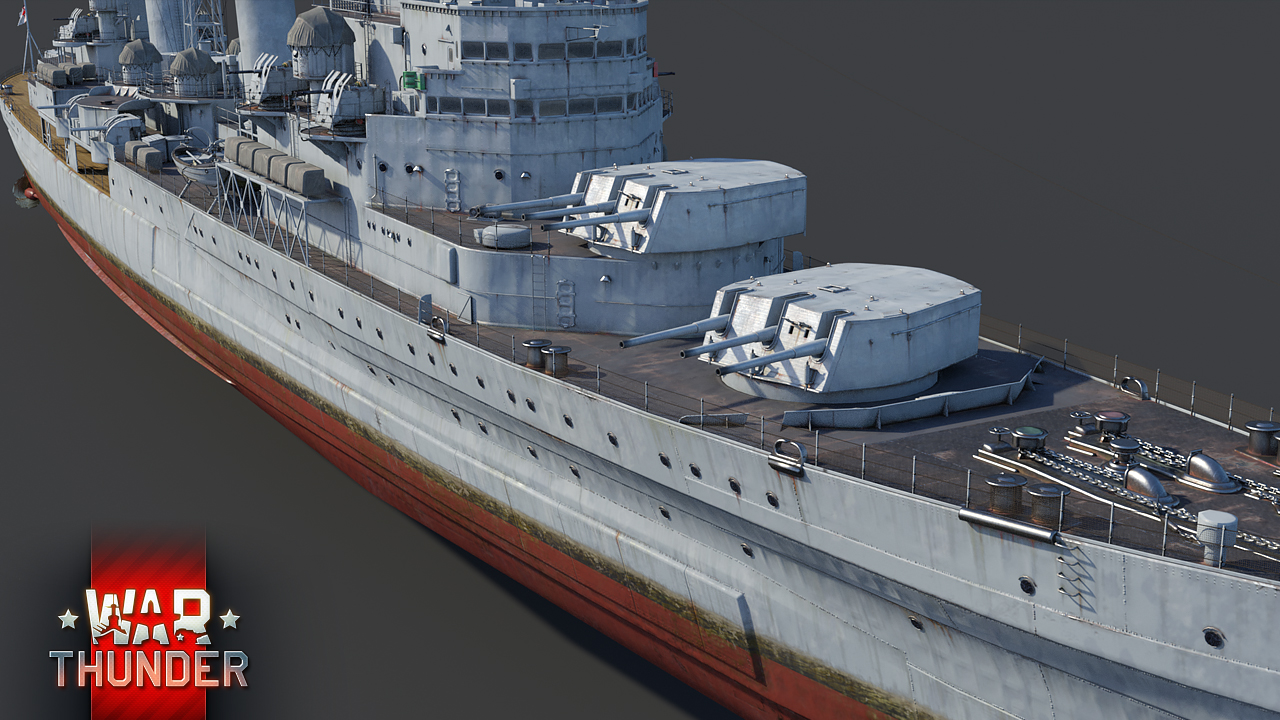
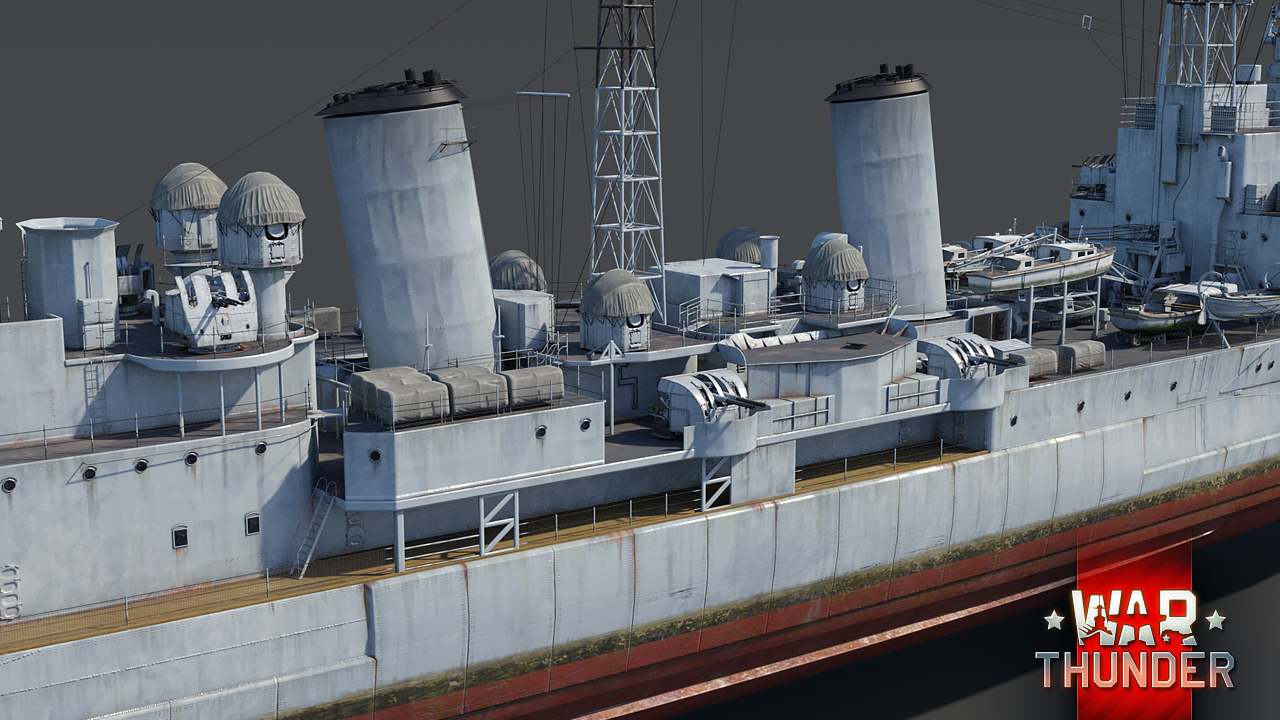
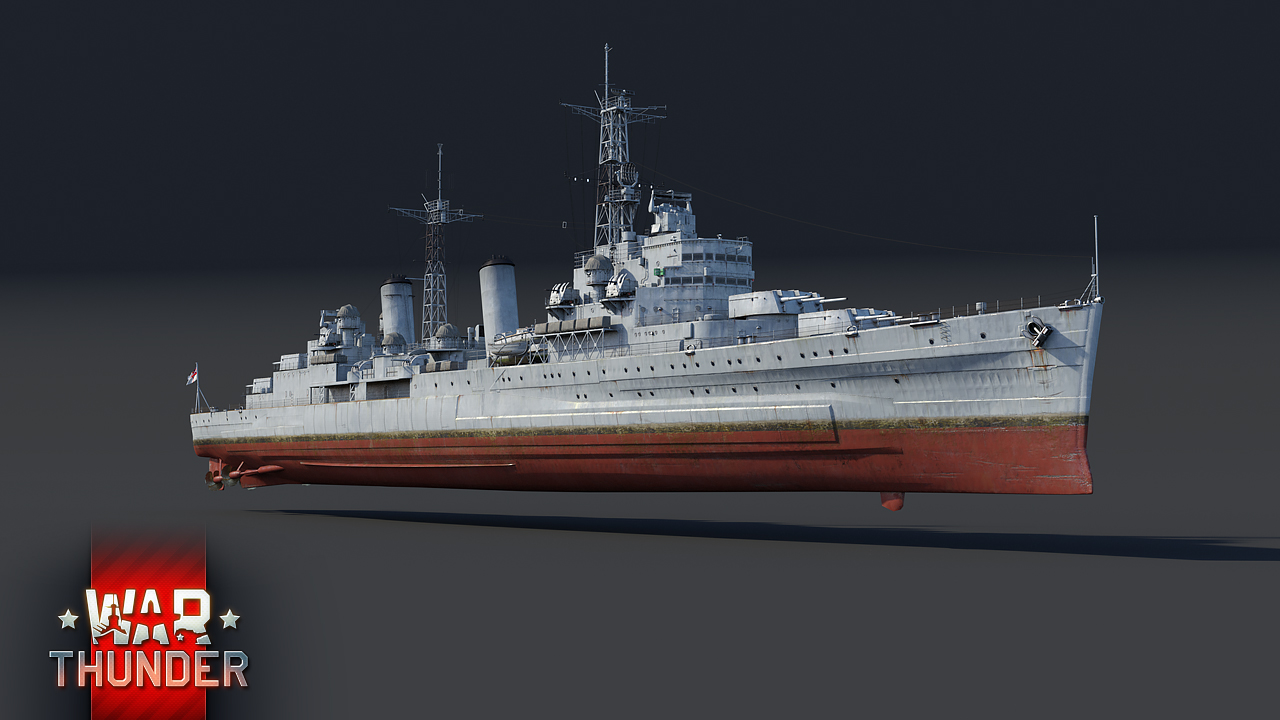
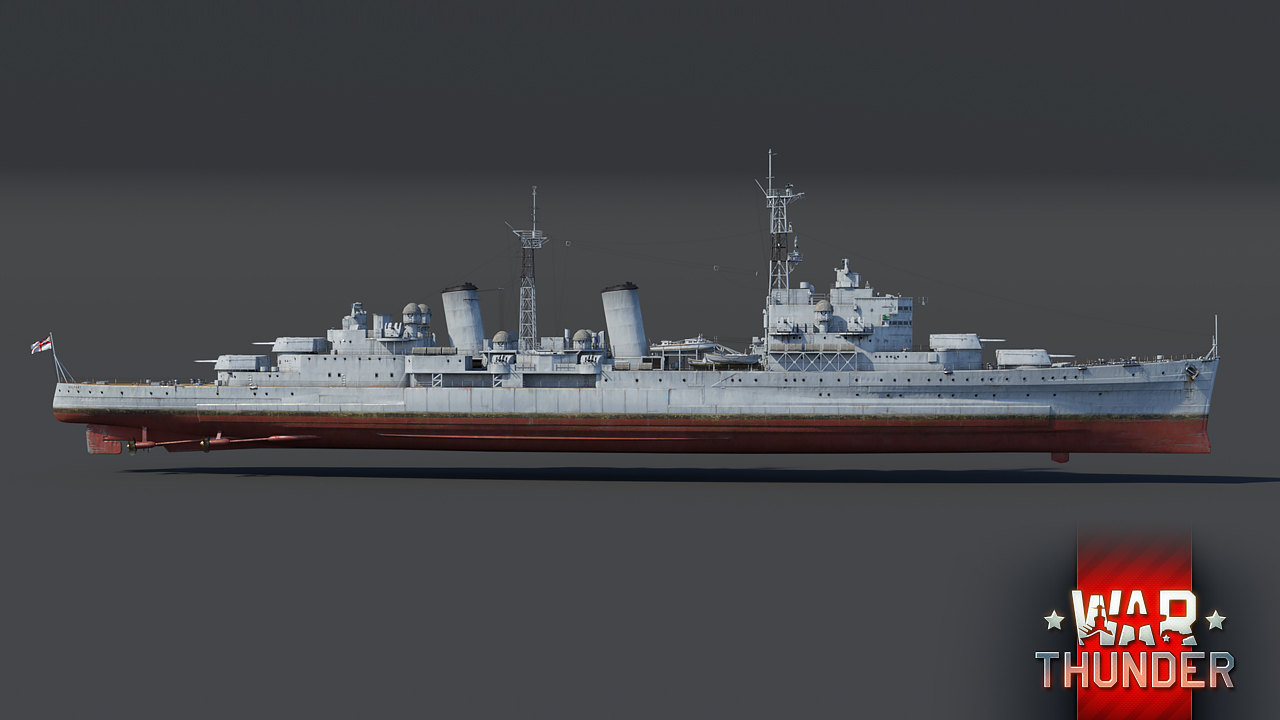

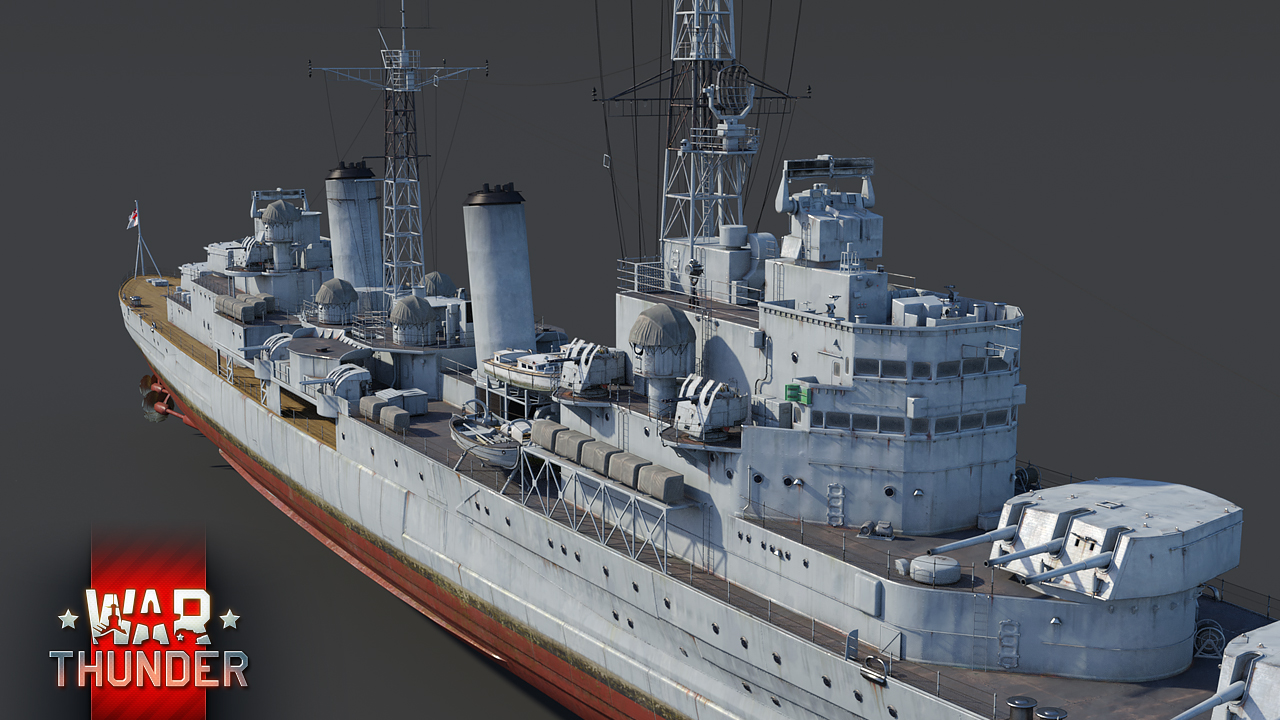
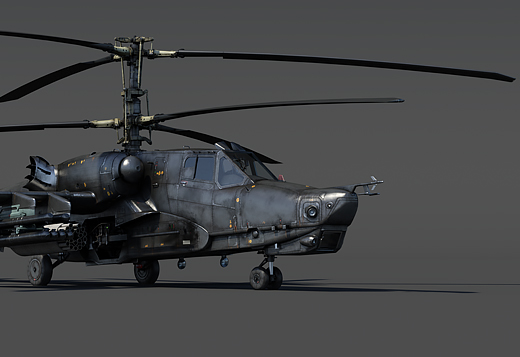
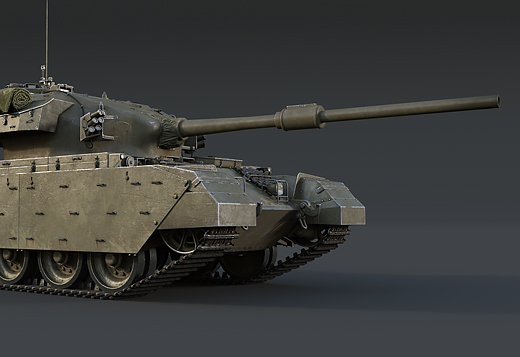
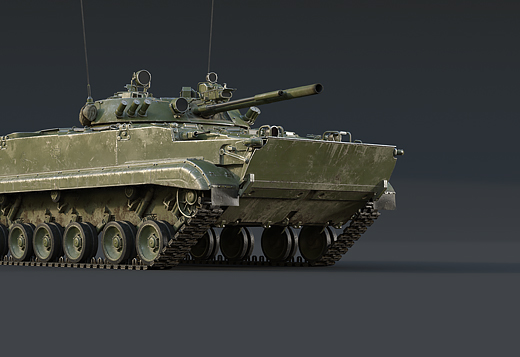
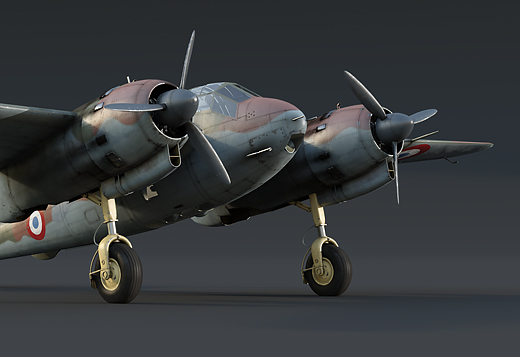
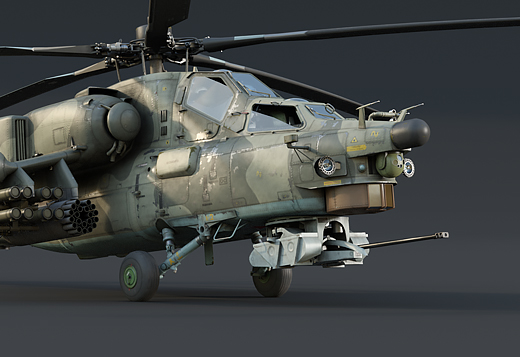
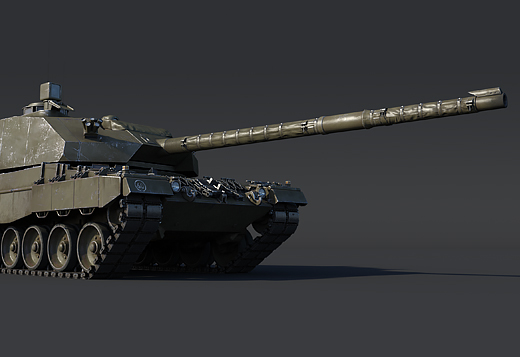
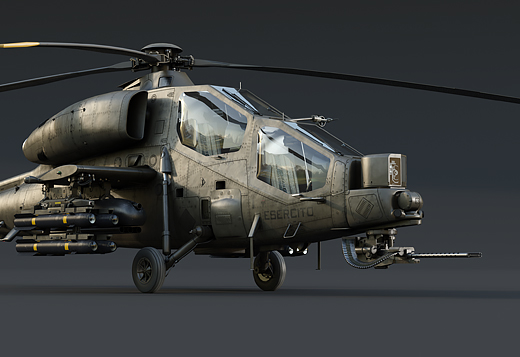
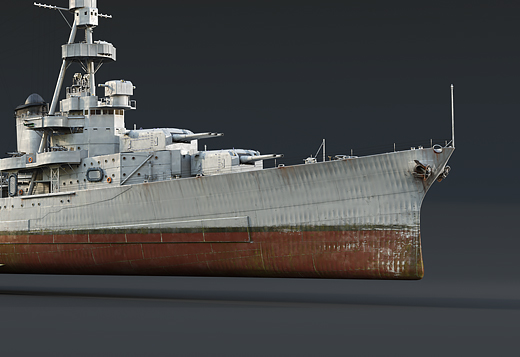
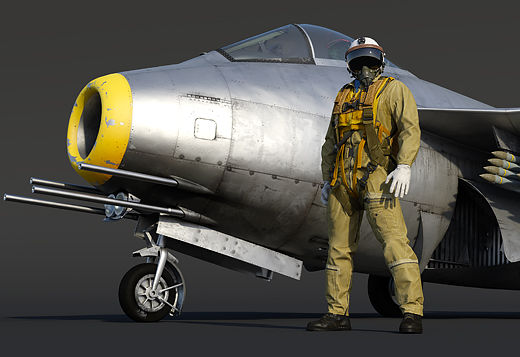
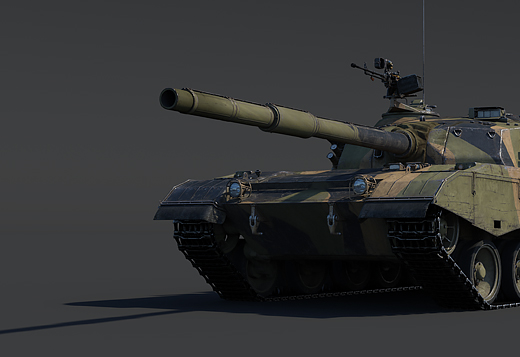
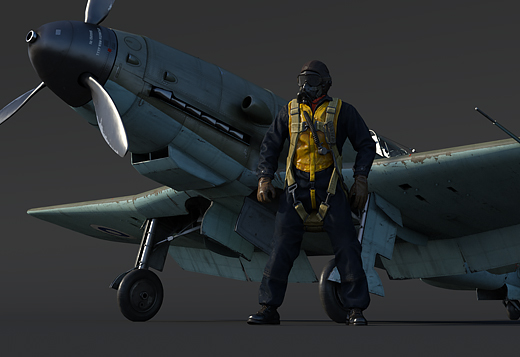
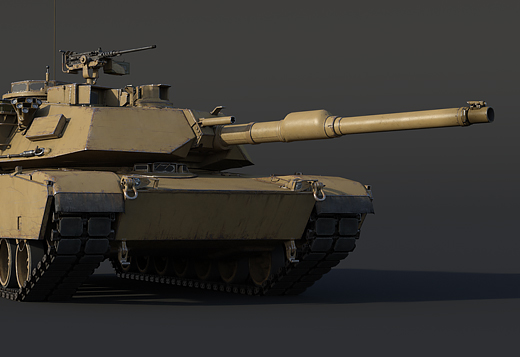
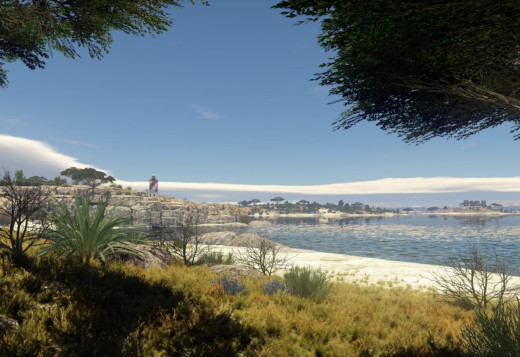
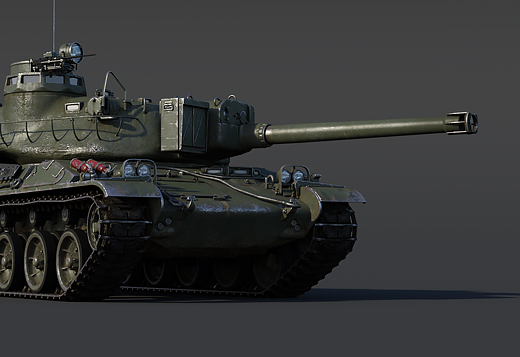
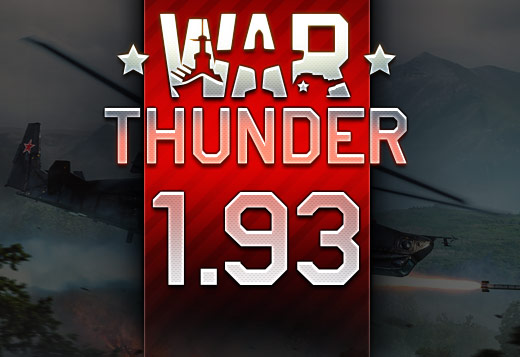
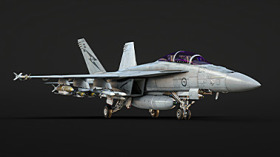
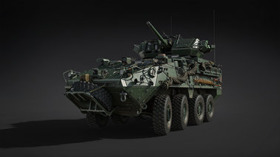
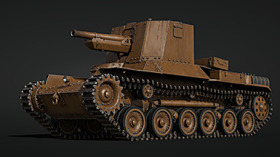
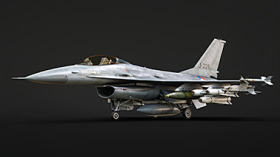
Comments (55)
1959 configuration with mechanical time fuse. Good try gaijin
Good, but Italy still not have a fleet even if that was their main force during ww2, Regia Marina when?
Submit a complaint